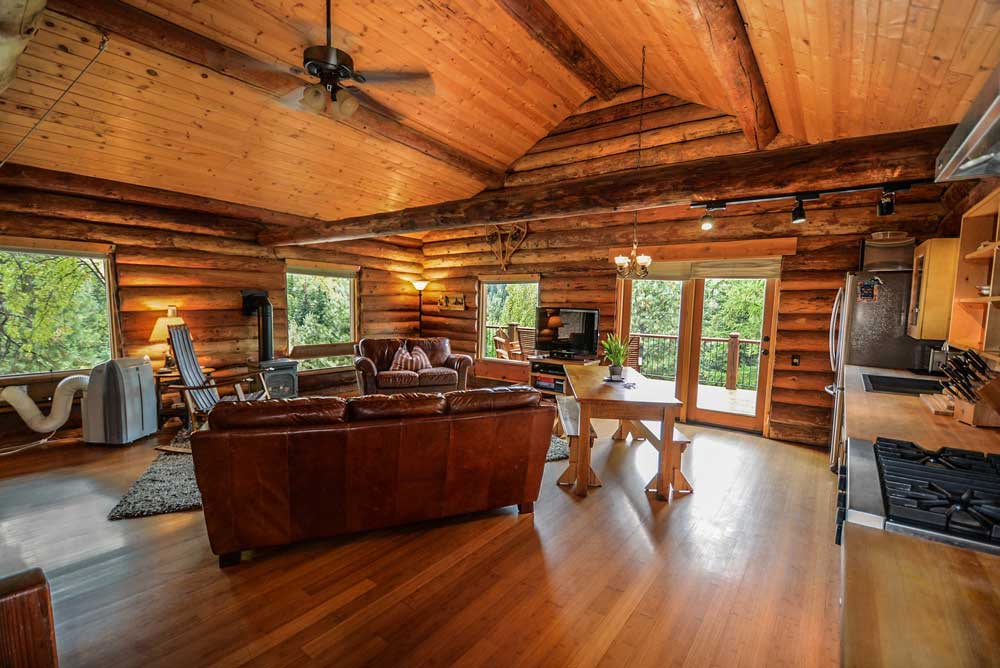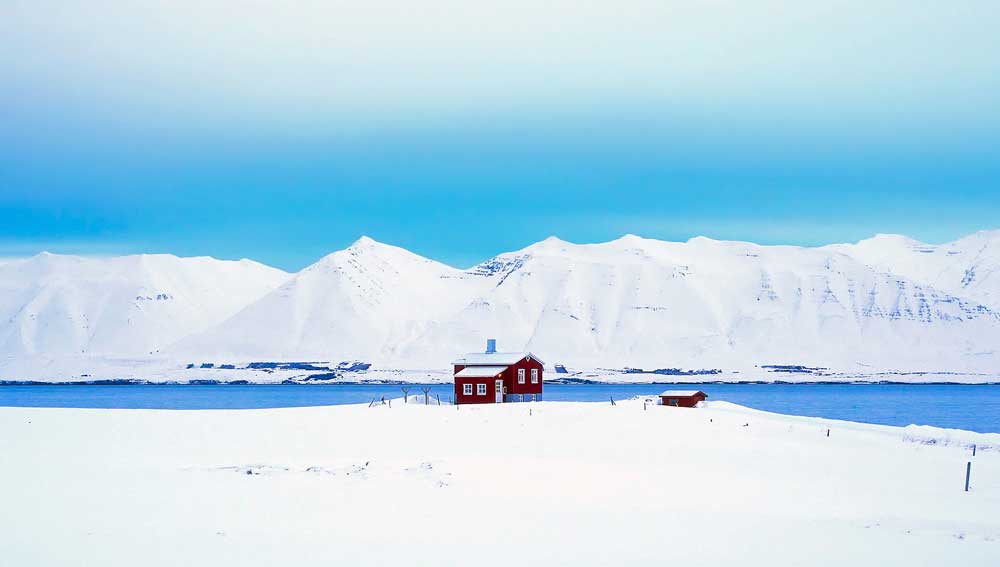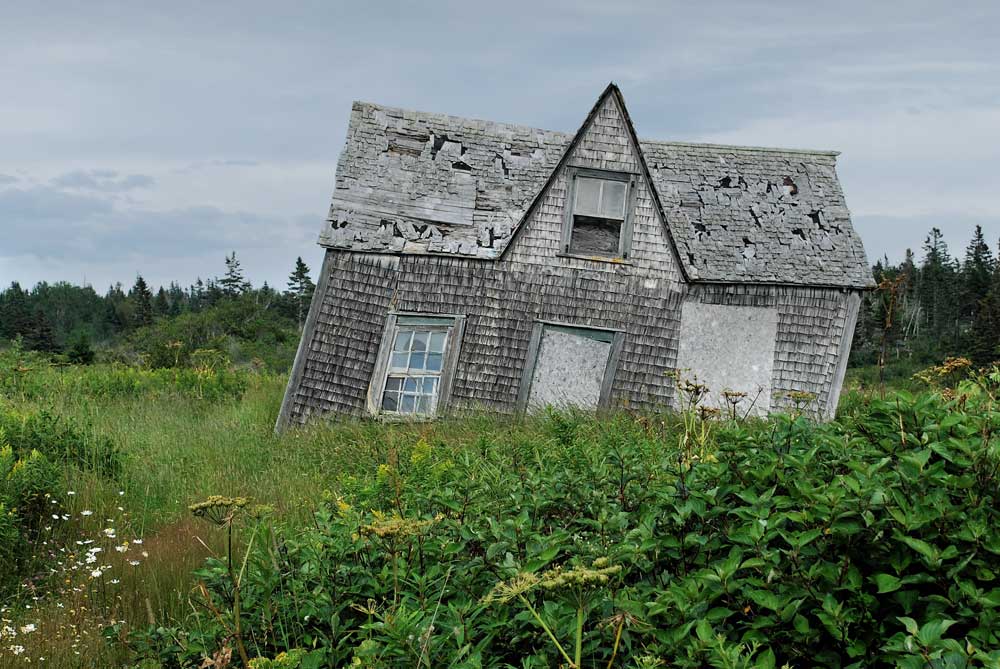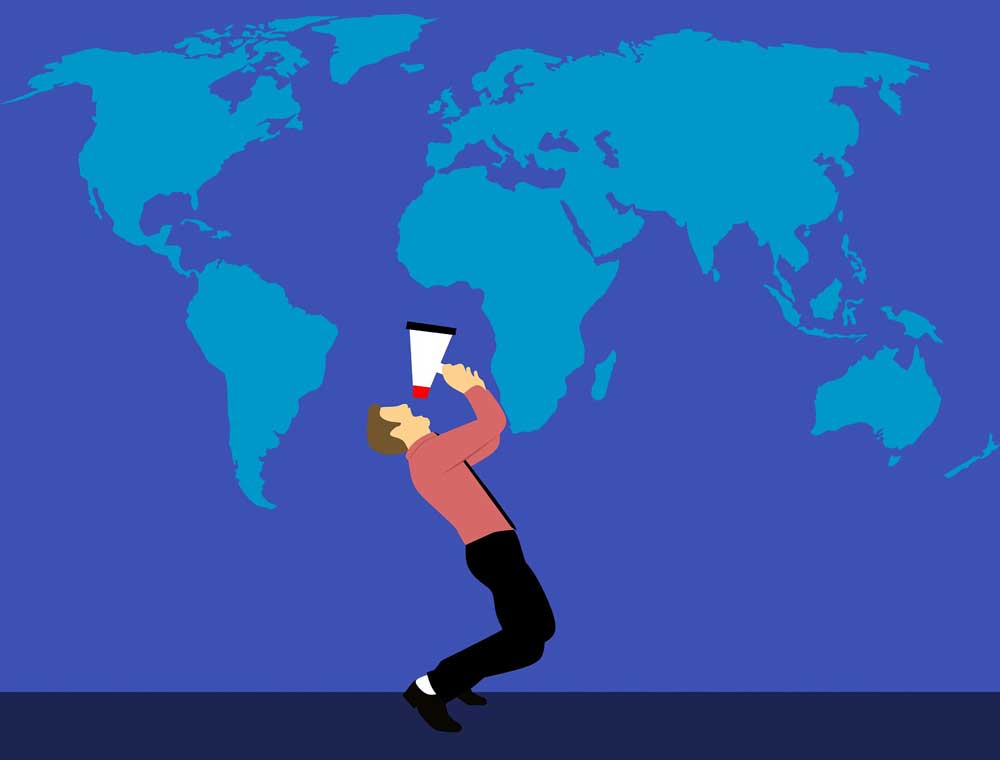
Last updated on July 4, 2021
If you’re dreaming of vacations on the lake with the family, owning a cabin or cottage can become a reality with a little planning and saving. A great way to help balance the cost of the investment is to rent out your cabin or cottage. Below are our top nine things to keep in mind before buying a cabin to rent out.
Top Nine Things to Consider Before Buying a Cabin or Cottage to Rent Out.
1. The Location and Accessibility

Over the last few years, the demand for cabin rentals is booming and the number of online rental platforms has exploded. But it takes more than a cabin or cottage with character to attract renters. The key to a popular cottage is location.
Proximity to water is the top criteria that cottage renters are looking for, and your property will be even more attractive if it’s also within a two-hour drive of a major center.
Cabins close to ski resorts are also in high demand. Additionally, if you plan on mortgaging the cabin, banks tend to look more favorably on rental properties that have year-round access and those that are winterized.
From an accessibility standpoint, a remote cabin in the woods may sound like a dream but it can be a logistical nightmare when buying a cabin to rent out. Before you buy, make sure you know all the ways you can access the property. Is it accessible by road or only by boat? Is it accessible during the winter? Do the roads get plowed in the event of snow? This is important to know so that you don’t end up with angry renters who can’t access the cabin or with a maintenance problem that you can’t tend to because of limited seasonal access.
2. Cellphone Reception and Internet Access
According to a recent Royal LePage survey, the most important factor when deciding to buy a vacation property is cell phone reception and internet speed. It’s with good reason too. While one of the draws of owning a cabin outside the city is to disconnect from regular life, most people want to stay connected to some degree. For a rental cabin or cottage, this is even more important for managing the guest experience. If questions arise during your guest’s stay or issues come up, you will need to have an effective means of communication. Lastly, many travelers will often wind down for the evening by watching their favorite show on Netflix or other streaming service. Without fast internet, this won’t be possible.
3. Access to Clean Drinking Water
Most of us probably take for granted the drinkable water that comes out of our taps every day, but this may not be the case with rural cabins or cottages. The risk of water problems and contamination is far greater in rural areas than in well-established cities. So, before buying a cottage to rent out, look into the water situation. If there is a well, the water will need to be regularly tested. In some cases, you may even have to bring with you your own clean drinking water.
4. Renovations

While a rustic cottage is great, a modern cottage with a newly renovated kitchen, internet, television, and hot tub is even better.
These days, renters are looking for the same comforts that they would find in a hotel.
Before buying your cottage, consider how much work you’ll have to put into it before it’s ready to be rented out. Are you confident enough to DIY the reno’s or will you hire professionals? How would renovations impact your budget? How long will they take before the cottage is ready for renters? These are all important questions to ask yourself before buying a cottage to rent out.
5. Rental Rules in Your Area
Before buying a cabin to rent out, be sure to find out what the rules are in the area. Short-term rentals are prohibited in some areas. For example, many California cities and counties have passed short-term rental ordinances to reduce problems associated with short-term rentals, including noise, parking, partying and trash. Similar ordinances have been passed in other states such as Colorado and New York. In the province of Quebec, there is an obligatory classification system for short-term rentals. This program costs owners roughly $250 annually. Out west in Whistler, BC, you will need to ensure that the cottage is properly zoned and obtain a tourism accommodation license. As the rules can vary wildly from state to state, province to province and city to city, its important to run this to ground before buying.
6. Advertising

Managing a rental property can be a lot of work, especially when you initially put the cabin or cottage up for rent. To increase the profitability of your rental cabin or cottage, you’ll need to have high-quality photos. Photos are what draw in travelers. They’re what makes potential renters decide whether or not to click on your listing to learn more about it. Having eye-catching photos can also inspire renters to save your listing to their Wish List on Airbnb. The more times your listing is saved to a wish list, the better your SEO ranking will be. Borrow a friend’s camera, if you’re unable to hire a professional photographer, and take photos when there’s lots of natural light in the space.
To increase your chances of renting, be sure to list your cottage on multiple rental sites, like Airbnb and HomeAway.
However, keep in mind that, depending upon the platform, there may be additional annual listing costs. Also, it may not be worth it to advertise on national or international platforms if your cabin or cottage is located in an area that doesn’t typically attract out of state (or province) tourists. Before signing up with any of these rental sites, do some research. Try searching on Google several keywords associated with your cabin or cottage and see what websites show up. This may help you decide where it’s worth listing.
7. Property Management and Maintenance
If you’re considering buying a cabin to rent out, you need to make sure you or someone you trust will be able to manage the property. This includes maintenance, mowing the lawn, cleaning, and even picking up or dropping off the keys. Without maintaining the property and being responsive to guests’ needs, you’ll likely accrue negative reviews, which could impact future bookings. If you’re unable to tend to the property yourself, research your options and the costs associated with a property management company. For remote properties, keep in mind that you may have relatively few options.
8. How Much You Can Rent Your Cabin or Cottage For
The price you can rent your cabin or cottage for comes down to a few factors. Firstly, location. If your cottage is in a desirable location, you’ll likely be able to charge a little more. Before buying, do some market research and compare your cottage to others nearby. That way you’ll be able to determine a somewhat-accurate price based on the desirability of the property in comparison to those around you. Second, what amenities and other extras can you offer your guests? Does your cabin include two bathrooms whereas most others in the area typically have one bathroom? Does your cabin include a canoe or kayak for guest use? Be sure to factor in any extras you may offer guests and fine tune pricing after you’ve received some bookings.
Importantly, once your cottage is open to renters, be sure to request a refundable security deposit. A hefty security deposit lowers the chances that you’ll end up with renters who abuse your equipment and furniture.
9. Insurance costs
Cabins and cottages tend to face higher risks for weather-related issues. For example, cabins in coastal areas are more likely to be hit by hurricanes or experience flooding. Cabins situated on islands are less desirable for insurers because they’re harder to get to. Your insurer must also be aware that your cabin or cottage is being used as a rental property, as you will need to update your insurance to a rental property insurance policy.
We hope you’ve found these tips on buying a cottage to rent out useful. Be sure to explore our additional resources on buying a vacation home, including everything you need to know before buying a vacation home.
